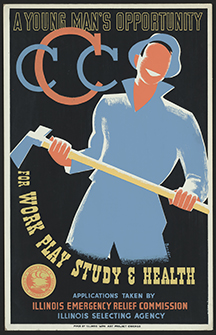USA, Now An Innovation Loser
STEM Skills the Major Culprit
Suggests a CCC-ish “American Science Corp”
This is my annual blog reporting on the Bloomberg Innovation Index 2021 edition.
The USA was 9th last year. Now, the USA has fallen to 11th in the annual ranking of innovation by country. Like last year, the continued slide (we were #1 in 2013) is due mostly to lack of investment in hard science, manufacturing, and technology education.
See the Bloomberg Innovation Index report for 2020 here. It’s a truly rich report and it gives a great picture of which countries are primed, and are doing, great things. Is it a perfect measure? No. But it’s a hell of an indicator.
The USA still has significant strengths, but anybody who thinks the USA isn’t slipping isn’t paying attention. China, of course, is moving up. Germany and South Korea, still kicking ass. Switzerland holding steady in a top slot. Singapore is now a top player on the world stage. Austria comes in at #10.
What should we do? I’ve written about this before, but briefly, we, the USA, needs to invest in education, specifically STEM education.
The USA Should Take Action Now, and…
- Train and graduate more skilled scientists, engineers, and manufacturers
- Keep more of the graduating top STEM students — that we train — from returning home to other countries
- Put more emphasis on science and math in elementary and secondary education
- Reduce the barriers, and encourage more STEM higher education for our best and brightest.
- Provide more scholarships and work-study programs (see below)

Solution: Build Back Better by Work-Study-National Service Agreement — American Science Corp
The current desire to finally do something about infrastructure in the USA might be a way to kill two birds with one stone. Why not create the American Science Corp, a modern day Civilian Conservation Corp, comprised of STEM students? In exchange for a scholarship they would agree to work on projects while they study, and, three years of work post graduation. Learn, then apply advanced skills in a real world infrastructure program, as they attend school. They graduate, do their service, and emerge debt free, with skills, and ready to work in the private sector. Innovating.


